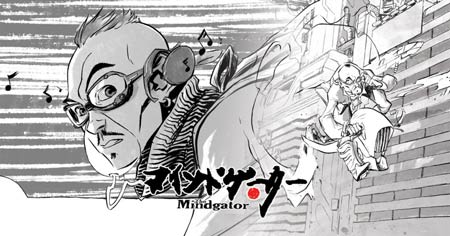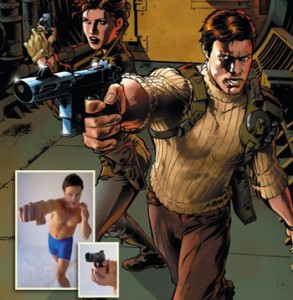
Most comics artists use photo reference at some point. But some artists can make it melt into their work fluidly, while others end up with stiff drawing or a glorified fumetti. They might also end up with a copyright lawsuit if they don’t choose their reference wisely.
One source of photo reference is Buddy Scalera, who has published several reference books, including Comic Artist’s Essential Photo Reference: People and Poses. Buddy joins Tim to talk about how he got into making photo reference books, choosing poses to shoot, and more.
Then, Stephen Bissette joins us with plenty of examples of the use and misuse of photo reference, the ups and downs of casting celebrities as your characters (Sting, anyone?), and more.
- Amy Grant on Dr. Strange cover
- A classic Val Lakey Vampirella page
- Keiren Smith on photo reference
- Frank Santoro skewers stiff photo reference
- James Coburn “cast” in Master of Kung Fu
- Warren’s Blazing Combat
Podcast: Play in new window | Download

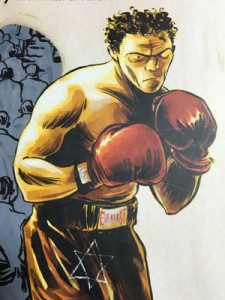
 FLASHBACK! Once upon a time, nobody sent us their comics to critique. Then finally, in the fall of 2007, our call was heard! Listener Vincent Morris sent us his comic, Kid Intense. All three of us weighed in.
FLASHBACK! Once upon a time, nobody sent us their comics to critique. Then finally, in the fall of 2007, our call was heard! Listener Vincent Morris sent us his comic, Kid Intense. All three of us weighed in.
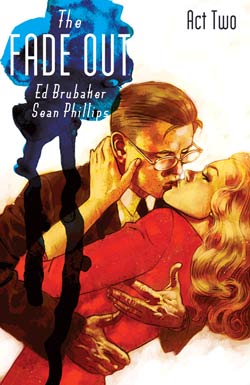

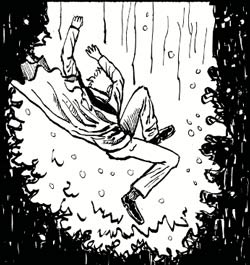 A man with a fatal illness decides to end it all before the illness does. He finds himself in an Alice-in-Wonderland-like scenario full of social commentary. Tim and Mulele critique Jonny Bloozit’s
A man with a fatal illness decides to end it all before the illness does. He finds himself in an Alice-in-Wonderland-like scenario full of social commentary. Tim and Mulele critique Jonny Bloozit’s 

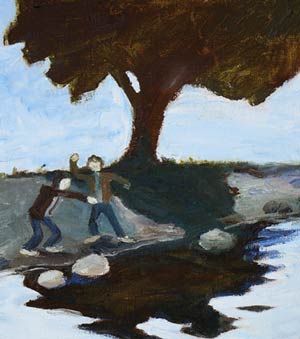
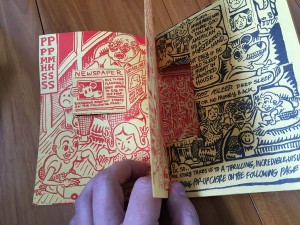
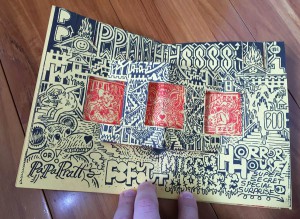
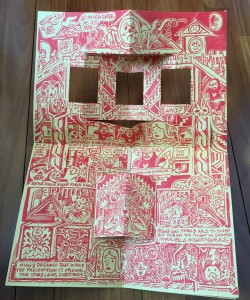
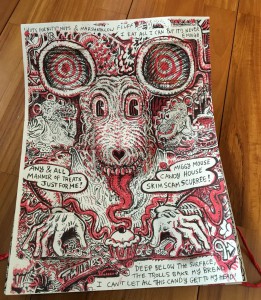
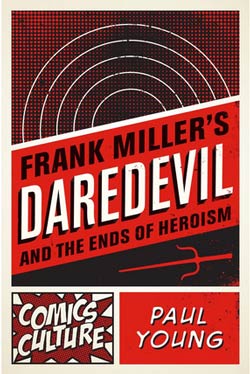 First up, Paul,
First up, Paul, 